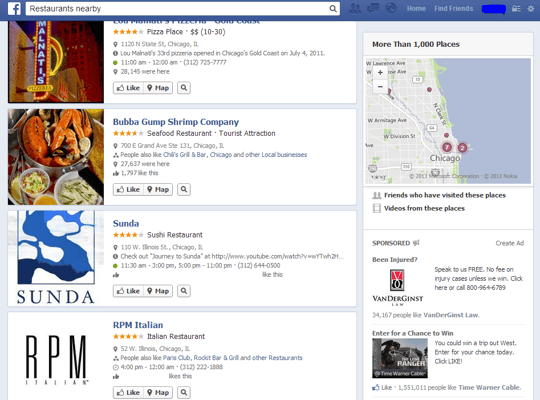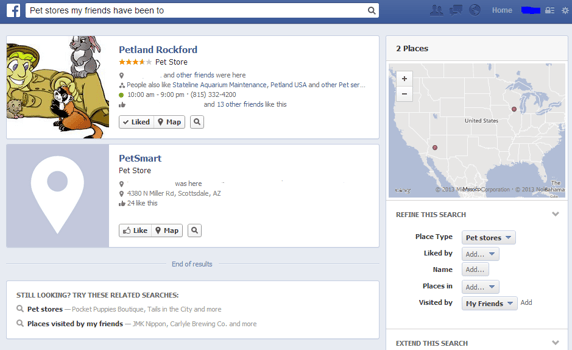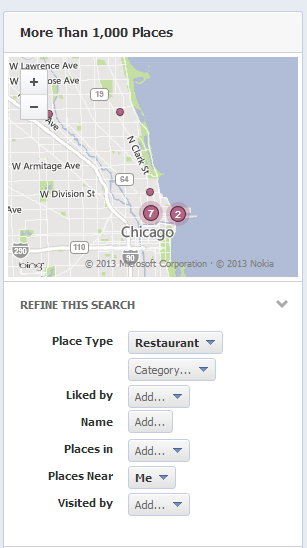5 Facebook Graph Search Questions Answered

Graph Search is finally rolling out of beta and onto the computer screens of all Facebook U.S. English users over the next few weeks. And even though you may have been using Facebook's new search feature for quite some time now (it was announced in January), the world's largest social network has made improvements to the feature during that time period. After all, isn't that what beta testing is for?
In fact, according to a Facebook blog post, the feedback and interactions between tens of millions of people with Graph Search is what has helped the company improve the feature. For example, the search box is now white, which makes it easier to see (it was previously blue). Plus, Graph Search is faster at suggesting potential searches and displaying results, as well as does a better job at understanding more ways of asking questions. However, most importantly, Graph Search has improved upon showing the most relevant results first.
But with all of that said, brands on Facebook may be the audience that is most interested in Graph Search - as any new feature or tool that could impact visibility on the world's largest social network is sure to grab this audience segment's attention. And while some basic questions have been answered over the last six months, there are still some questions that remain. Including:
What about Mobile?
To say mobile is an important part of Facebook's success would be an understatement, because as of March 31, 2013, the social network saw 751 million monthly active mobile users. And as everyone in tech knows, having a seamless transition from desktop to tablet and smartphone is vital, as it keeps the user experience consistent. Not to mention that if Facebook really wants Graph Search to sponsored results for Pages and apps will still show up (they have been globally available since Aug. 2012). While these ads don't show up in the actual results, they do appear on the right side on the second page of results.

What Topics can be Discovered?
Back in February, Facebook announced that most people were using Graph Search to find out more information about their friends, with other popular uses of the search feature including to find photos, plan trips and to discover new things (like TV shows, movies, apps, etc.). However, Facebook recently hinted that Graph Search will soon allow users to discover more topics, including posts and comments. So stay tuned.

What Impacts Results?
Although everyone's Graph Search results are personalized and unique, there are a few factors that brands can keep in mind to get them closer to the top of the results. While distance is certainly one factor that affects results (think of someone searching for "hotels nearby"), it is impossible for a brand to be nearby everyone. However, brands can make sure that they appear to people in close proximity by keeping their "About" information up-to-date, which includes data like their address and business hours. In addition, audience engagement is key when it comes to staying atop the search results. For example, a business with a lot of likes is prone to show up for results when someone searches for "restaurants my friends like," while a local pet supply store with a lot of check-ins is more likely to show up in results for "pet stores my friends have been to."

How can Results be Filtered?
When looking for businesses with Graph Search, users can currently refine search results with filters like place category, who has liked the place, location and who has visited the place. That said, don't be surprised if these filters become more robust in the future. If you think about it, just because someone has liked a business's Page, doesn't necessarily mean that they would recommend that place to their friends. By adding filters like ratings (search results already display a star rating system for businesses), Facebook will be able to provide better results to its users. Plus, this type of functionality would also help it compete with the Yelp's of the world.


Subscribe to Our Newsletter!
Latest in Social Media










